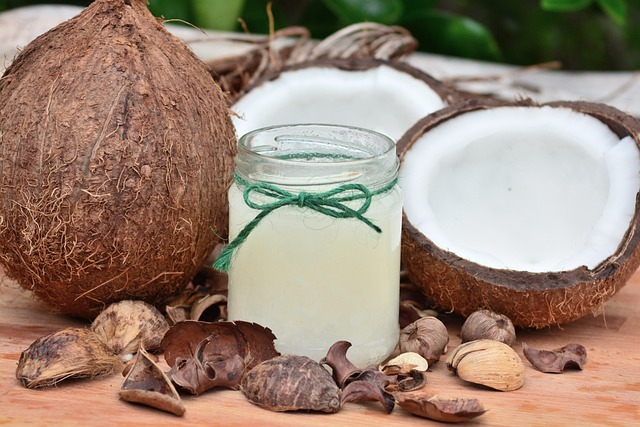Probiotics vs. Antibiotics: Navigating the Battle for a Healthy Microbiome
In recent years, there has been growing awareness about the importance of maintaining a healthy microbiome. The microbiome is the complex community of microorganisms that live in and on our bodies, playing a crucial role in our overall health and well-being. However, certain factors like diet, lifestyle, and medications can disrupt this delicate balance, leading to various health issues.
The Role of Probiotics
Probiotics are live bacteria and yeasts that are beneficial for our health, especially our digestive system. These microorganisms, also known as “good bacteria,” help maintain a balanced gut microbiota.
Probiotics can be found naturally in fermented foods like yogurt, sauerkraut, and kimchi. They can also be consumed in the form of supplements. These supplements contain specific strains of bacteria that provide health benefits when taken in adequate amounts.
Research suggests that probiotics can help improve digestion, boost the immune system, and reduce the risk of certain diseases. They achieve this by crowding out harmful bacteria, producing antimicrobial substances, and strengthening the intestinal barrier.
The Role of Antibiotics
Antibiotics, on the other hand, are medications used to treat bacterial infections. They work by killing or inhibiting the growth of bacteria, helping the immune system fight off the infection.
While antibiotics have revolutionized modern medicine and saved countless lives, they can also have unintended consequences. Antibiotics do not discriminate between harmful and beneficial bacteria, and thus, they can disrupt the balance of the microbiome.
Excessive or improper use of antibiotics can lead to antibiotic resistance, where bacteria evolve to evade the effects of antibiotics. Moreover, antibiotics can cause side effects like diarrhea, yeast infections, and allergic reactions.
The Battle for a Healthy Microbiome
The use of antibiotics and the subsequent disruption of the microbiome often raise concerns among health-conscious individuals. So, how can we navigate the battle for a healthy microbiome and make informed decisions?
1. Understanding the Need: Antibiotics are essential for treating bacterial infections, and in many cases, they are life-saving. However, it is crucial to use them judiciously and only when necessary. Avoid self-medicating and always follow the instructions of healthcare professionals.
2. Probiotics as a Companion: If you are on a course of antibiotics, consider taking probiotic supplements to support your microbiome. Research has shown that taking probiotics alongside antibiotics can help reduce the risk of antibiotic-associated side effects, such as diarrhea.
3. Timing is Key: Timing plays a significant role in the effectiveness of probiotics during antibiotic therapy. It is generally recommended to take probiotics a few hours after taking antibiotics. This allows the antibiotics to work against the harmful bacteria before introducing the beneficial probiotics.
4. Diversify Your Diet: Along with taking probiotics, maintaining a healthy diet rich in fiber, fruits, vegetables, and fermented foods can help promote a diverse and thriving microbiome. This provides a broader range of nutrients for the beneficial bacteria.
5. Seek Professional Advice: If you have concerns about your microbiome or are considering taking probiotic supplements, consult a healthcare professional or a registered dietitian. They can provide personalized guidance based on your specific health needs.
The Bottom Line
The battle for a healthy microbiome involves navigating the use of antibiotics and harnessing the benefits of probiotics. While antibiotics are crucial for treating bacterial infections, they can have unintended consequences on the delicate balance of the microbiome. Probiotics, on the other hand, can help support and restore this balance.
By understanding the roles of probiotics and antibiotics, making informed decisions, and seeking professional advice when needed, we can strive to maintain a healthy microbiome, which in turn contributes to our overall health and well-being.







